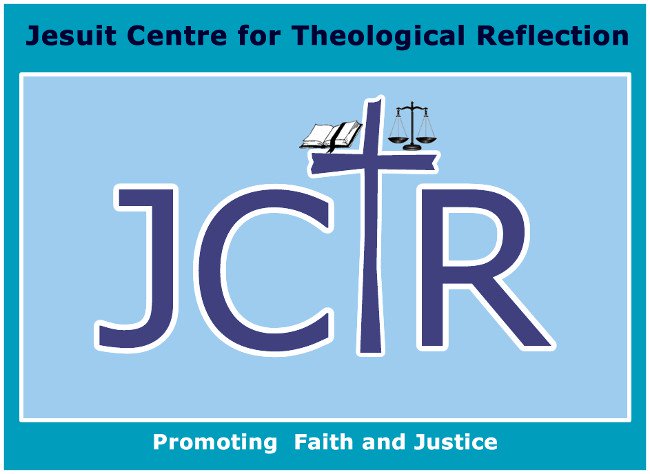• This should also include strengthening the accountability mechanisms over CDF funds.
• CDF is an important initiative by government and has a huge potential to promote development at the grassroots level.
• Political interference has potential to impede the successful implementation of the resources.
Jesuit Centre for Theological Reflection (JCTR) has called on government to take immediate action to address political interference in the implementation of Constituency Development Fund (CDF) and ensure strict adherence to the guidelines by all stakeholders.
JCTR Monitoring & Evaluation Officer Gibson Mwila said this should also include strengthening the accountability mechanisms over CDF funds to ensure that politicians or the local authority are held accountable for any misuse of CDF funds.
Mr. Mwila also called on the local authorities to develop measures to deliberately promote the involvement of local communities in the identification, planning, and implementation of CDF projects to ensure that the fund is used for the intended purpose of promoting grassroots development.
He further advised Government to strengthen the monitoring and evaluation mechanisms to ensure that the projects are implemented as planned and in a transparent and accountable manner in order to enhance public confidence in the CDF.
“Apart from the purchasing and distribution of the CDF Monitoring Vehicles in the constituencies, the Government must also set up a databank that captures information of all CDF funded projects and their progress in all the constituencies.”
“JCTR strongly calls on the Civil Society Organizations, the media, and the general public to remain vigilant and hold the local authority and or politicians accountable for the use of CDF funds,” Mr. Mwila said.
He observed that CDF is an important initiative by government and has a huge potential to promote development at the grassroots level, and if implemented in a transparent and accountable manner, can contribute significantly to the economic and social development of the country.
Mr. Mwila noted that before the United Party for National Development (UPND) formed Government in 2021, there was minimal political interference, possibly due to the relatively low allocation of funds to the CDF, which stood at K1.6 million but has now increased to K28.3 million in the 2023 national budget.
He expressed concern over the possible negative effects of political interference in the implementation of the CDF which he said has potential to impede the successful and effective implementation of the resources as well as undermine the tenets of accountability and transparency, if left unchecked.
“The CDF guidelines are very clear on all the key stakeholders in the CDF process and what their roles are. However, the involvement of the DC in the implementation of CDF is not clear and not mandated by the CDF guidelines. The District Commissioner is a political appointment and therefore, JCTR is of the view that its involvement is purely for political interests rather than the interests of the community members especially in constituencies where CDF is not performing very well.”
“Additionally, the Constituency Development Fund Committee has been compromised from the word go, particularly through the direct nomination of committee members by Members of Parliament. Out of the minimum of twelve committee members, five are directly nominated by the MP, and additionally, the MP is a member of the same committee. This gives the MP a high level of influence on the CDFC’s decisions. In this case, the ability of the committee to adequately represent and advocate for the preferences of local communities can be highly compromised, and there is a high likelihood of decisions being made to favor political interests at the expense of community needs and priorities.,” Mr. Mwila observed.
The CDF was established with the aim of promoting grassroots development by providing resources to support community projects identified through participatory processes.







